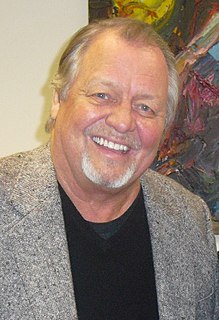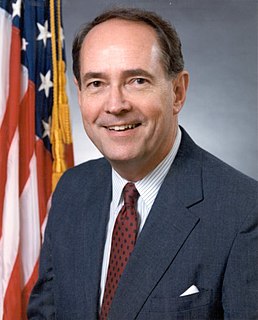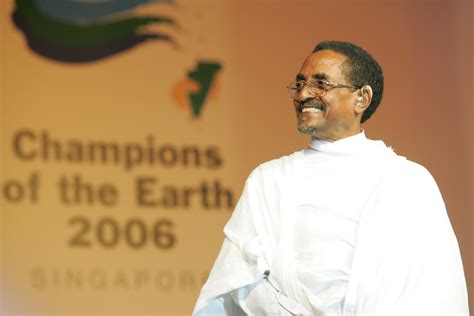A Quote by Grace Lee Boggs
We can begin by doing small things at the local level, like planting community gardens or looking out for our neighbors. That is how change takes place in living systems, not from above but from within, from many local actions occurring simultaneously.
Related Quotes
If we are looking for insurance against want and oppression, we will find it only in our neighbors' prosperity and goodwill and, beyond that, in the good health of our worldly places, our homelands. If we were sincerely looking for a place of safety, for real security and success, then we would begin to turn to our communities - and not the communities simply of our human neighbors but also of the water, earth, and air, the plants and animals, all the creatures with whom our local life is shared. (pg. 59, "Racism and the Economy")
We mustn't assume that we are going to deinvent government solely from inside the Beltway or within one or two sessions of Congress. We will do it one step at a time, in one community at a time - at the local level and through local institutions like churches, nonprofit and volunteer organizations and families.
"Triennale in the City" is a scheme that is of priority for the sponsoring local government. For many local governments, revitalization is an important mission for the local community, and, therefore, the attitude to achieve this mission through the cultural and/or artistic activities should not be denied.
Barack is at a level where he can't - no matter how much he wants to or how much we want him to - he's not going to come take out our garbage, so to speak. He can't be the garbage man and the president. He can't be the mayor and the alderman. He can't fill all those roles. So I always push for local, local activity on the political scene.
History is instructive. And what it suggests to people is that even if they do little things, if they walk on the picket line, if they join a vigil, if they write a letter to their local newspaper. Anything they do, however small, becomes part of a much, much larger sort of flow of energy. And when enough people do enough things, however small they are, then change takes place.
I think one of the most important investments an organization like TNC (The Nature Conservancy) can make is in helping build local capacity - supporting the growth of a global network of small community-based entities. Help people who live within critical ecosystems help themselves and their neighbors to design a better future relationship between themselves and their natural resources.



































